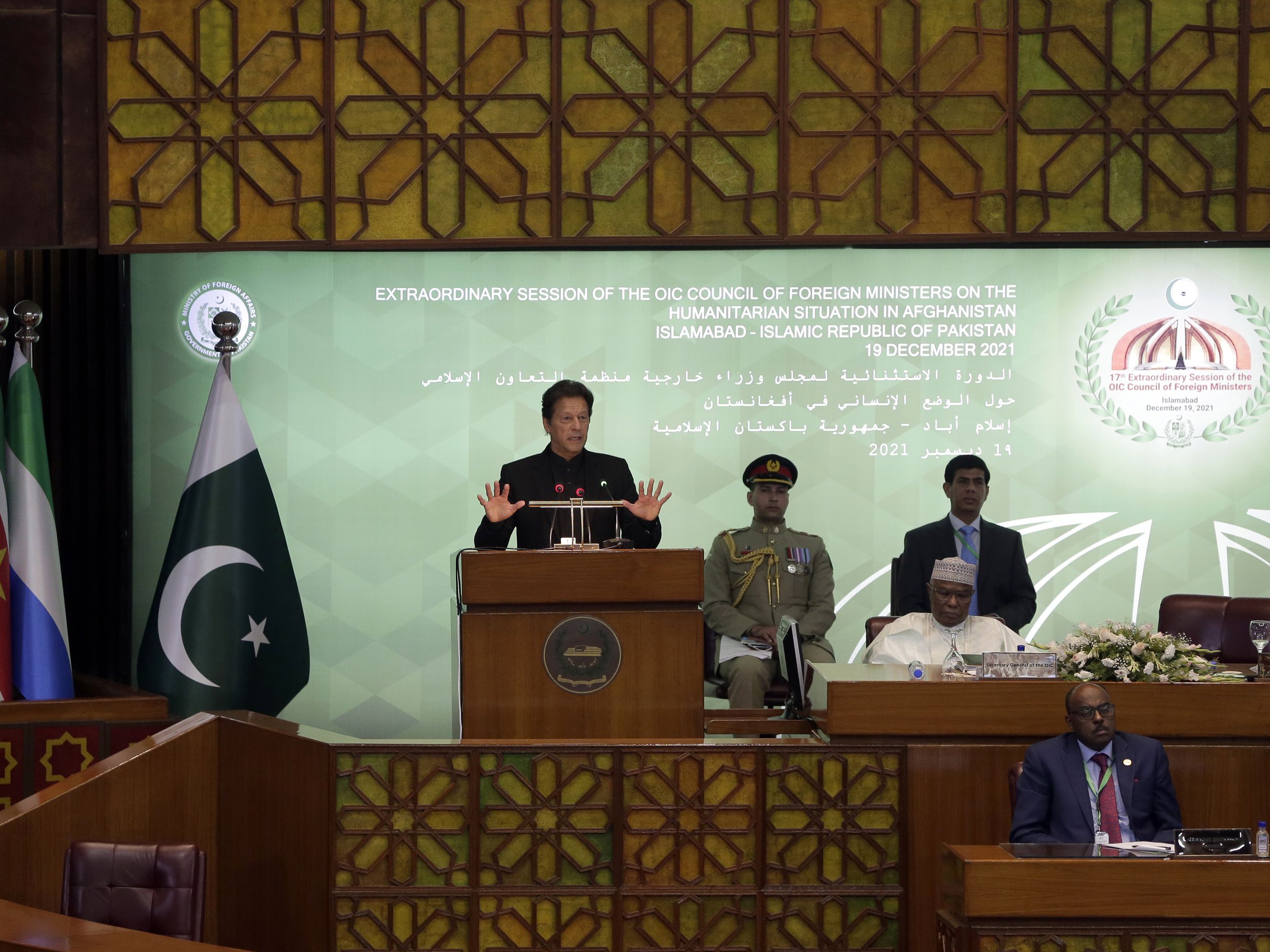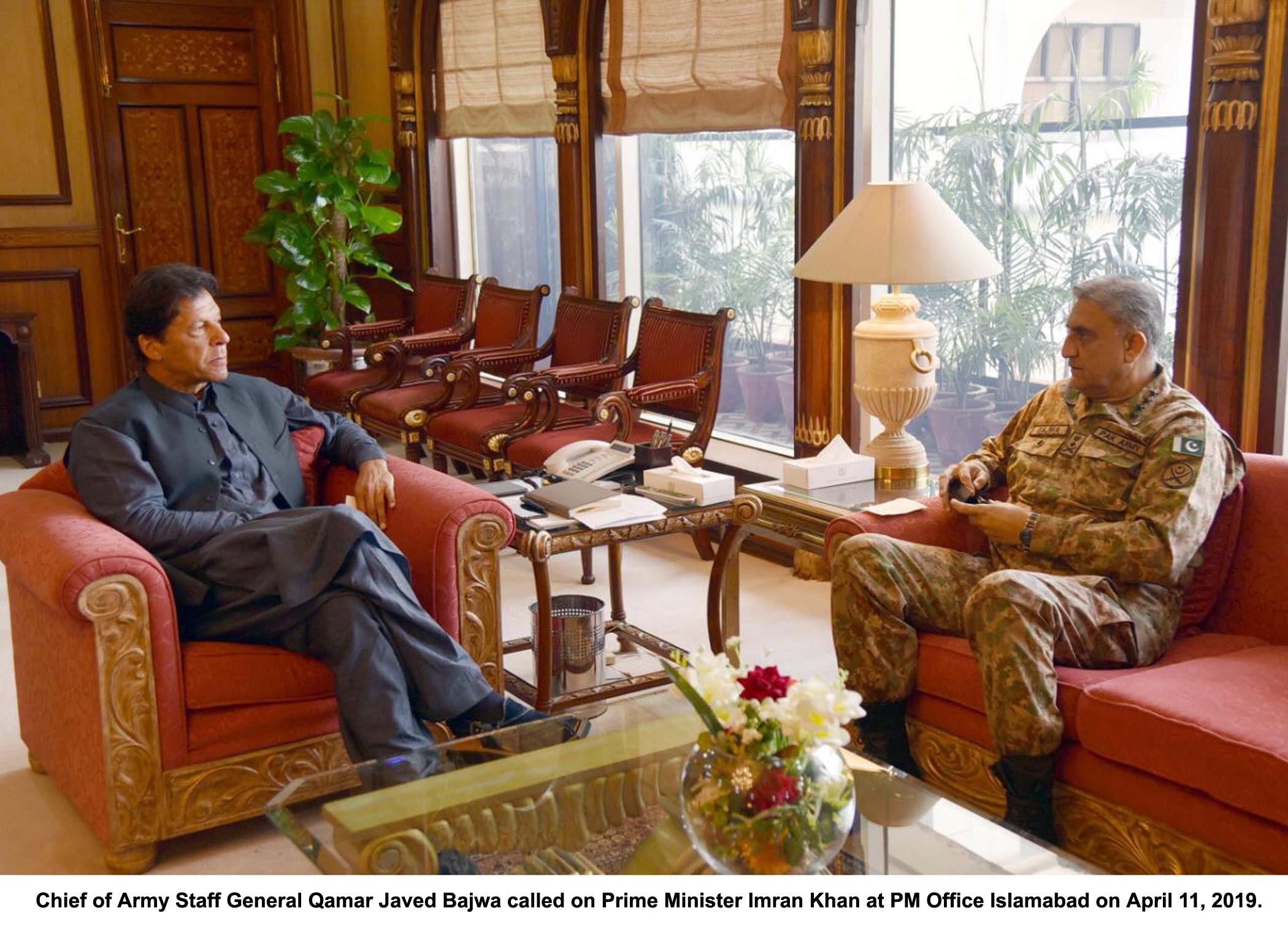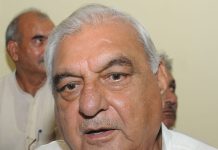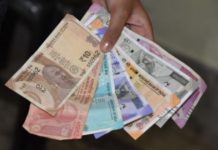
Pakistan’s plea for funding war-torn Afghanistan at OIC meet was spurned amid fears that financial support might be siphoned off to the deep state of Pakistan or the army through the Haqqani network. Thus there is still no end to the woes of starving Afghans.
The Pakistani army and the hybrid civilian government’s joint venture to tap world resources in the name of giving relief to the hapless people of Afghanistan ended with fiasco, when the 56 representatives of Muslim countries refused to endorse Pakistan’s call for financial help. It is believed that the meeting on Afghanistan was held in December on the instructions of the army chief Qamar Javed Bajwa to the hybrid civilian regime led by Prime Minister Imran Khan, a cricketer-turned politician. It is also reported that Pakistan’s Foreign Minister, Shah Mehmood Qureshi, was also told by General Bajwa to get the Kashmir issue raised in the meeting. However, Qureshi’s ‘private’ pleadings were ignored.
Thus, the people of war-torn country, under the shadow of starvation, would be awaiting the New Year 2022 without much hope. They might have expected to usher in optimism, but the meeting of Organization of Islamic Countries (OIC) held in Islamabad could neither raise the much awaited funds and reliefs nor promises for adequate foodgrains to the nearly 35 million population. The OIC meet addressed by Pakistan Prime Minister Imran Khan, have had an element of caution, if not an open warning to the world that the era of Islamic Jihadists might come back causing existential challenge to the developed world, especially USA. However, the American representative and others were present, but they didn’t respond to this one-day drama. There were no indications that the US financial commitment to the tune of USD seven billion to Afghanistan to erstwhile regime before August 15, 2021would be released.

The conference did not yield the funds the Khan regime hoped by holding the high-profile OIC meet. On the other hand, the issue of the pre-dominance of the Haqqani network in the Taliban regime appears to have exposed the Pakistani gameplan to use the issue for seeking massive financial support of the world powers. The participants were well aware that the dreaded Haqqani network continues to get support of the Inter-Services Intelligence (ISI). There are reports that with the appointment of the erstwhile ISI chief Faize Hamid as the corpse commander of Queta, the drug lords have intensified their activities. There is a sudden increase of drug smuggling in the border towns. The new corpse commander has posted his confidants on the border to ensure the supply of the banned raw materials to the Karachi-based processing units. Interestingly, the corpse commander did not consult the provincial as well as the federal authorities in this connection.
The UN Under Secretary General for Humanitarian Affairs and Emergency Relief, Martin Griffith, US Special Envoy for Afghanistan, Thomas West and the European Union Envoy, Tomas Nilasson attended the OIC conference, but India was not invited. However, India continued her efforts to send relief to Afghanistan. During this period, the third meeting of the regional consensus comprising representatives of Central Asian countries, Uzbekistan, Tajikistan, Kazakhstan, Turkmenistan and Kyrgyzstan was held. The meeting reportedly explored how to reach help to the Afghan areas adjacent to these countries. It was felt that Indian trucks with foodgrains being regularly stopped by Pakistan might never reach the remote areas.
With noted absentees, India, Iran and a few countries of Central Asia, the OIC conference appears to be an effort to improve the sagging image of Khan and his political outfit, Pakistan Tahreek-i-Insaf, (PTI), which has just been trounced by the opposition parties in the civic elections.
Meanwhile, the pro-Khan journalists, especially people like Haroon Rashid are telling the people that Imran Khan has emerged on the world scene to teach a lesson to the Christian countries like USA and European countries. The apprehension is that the most of the financial support might be siphoned off to the deep state of Pakistan or the army establishment through the Haqqani network under the control of the ISI. It is estimated that if US- controlled financial institutions defreeze the funds, it might further empower Pakistan’s agenda to keep Afganistan destabilized for seeking more and more funds. It is interesting to note that the Saudi Arabia-led global fund for Afganistan with an initial contribution of one billion Rial would be given in foodgrains and other needs related to medical relief. Saudi Arabia is avoiding any help in cash, which might be grabbed by Pakistan. China too has been reluctant to offer much in cash.
The comments from Pakistani journalists have revealed that their country’s close ally, Turkey, has recently supplied as many as100 high-tech drones to India. On the other hand, Pakistan is being flooded with Turkish plays such Erturagrul Ghazi, which depicts the great success of Ottoman Empire.
The anguish of Pakistani civil society appears to be unending under the present hybrid-regime, especially due to the double-speak of Qamar Javed Bajwa.












